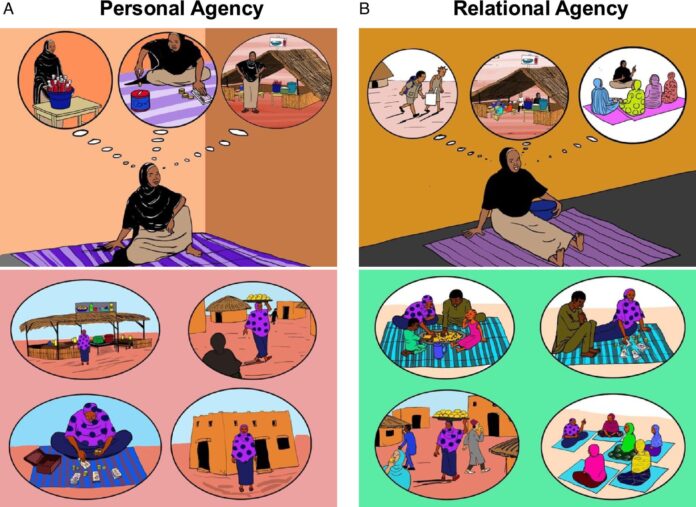Traditional approaches to poverty alleviation often prioritize material aid – food, shelter, and financial assistance. However, new research suggests that cultural understanding is equally, if not more, critical for sustainable impact. A study led by the University of Michigan reveals that psychosocial programs designed to empower women in Niger, West Africa, were significantly more effective when aligned with local values rather than imposed Western models.
The Limits of Western-Centric Interventions
The research, published in Proceedings of the National Academy of Sciences, challenges the assumption that universally applicable psychological theories can drive behavioral change across cultures. The study found that interventions rooted in interdependence – emphasizing social harmony, respect, and collective progress – resonated far more effectively with Nigerien women than those based on individual ambition and self-reliance.
This isn’t simply about respecting cultural sensitivities; it’s about understanding how agency – the ability to take action and shape one’s life – is fundamentally understood differently across cultures. In Niger, agency isn’t primarily about individual achievement; it’s deeply interwoven with relationships, community standing, and collective well-being.
The Three-Part Study
The research unfolded in three phases:
- Descriptive Analysis: Researchers first mapped the dominant models of agency among women in rural Niger, finding a strong emphasis on interdependence.
- Empirical Validation: Subsequent analysis confirmed that relational factors – such as social standing – played a crucial role alongside personal factors like self-efficacy in women’s economic advancement.
- Intervention Testing: A controlled experiment compared a Western-developed psychological intervention with a “culturally wise” adaptation grounded in interdependence. Only the culturally adapted intervention demonstrably improved women’s economic outcomes over one year.
Beyond Niger: Implications for Global Poverty Reduction
The findings suggest that psychological theories and interventions developed in Western, Educated, Industrialized, Rich, and Democratic (WEIRD) societies may be insufficient – even counterproductive – when applied elsewhere. The study highlights the need for culturally attuned interventions that honor diverse worldviews and community values.
The implications extend beyond Niger. According to lead author Catherine Thomas, the U.S. could benefit from a similar approach to poverty reduction, seeking to understand the goals and mental models of low-income recipients of aid.
The key takeaway is that poverty is not solely an economic problem; it’s a multidimensional challenge that depletes psychological resources and is shaped by cultural context. Ignoring these factors limits the effectiveness of even well-intentioned interventions.
The research underscores that true poverty reduction requires more than just cash; it demands cultural wisdom.


































